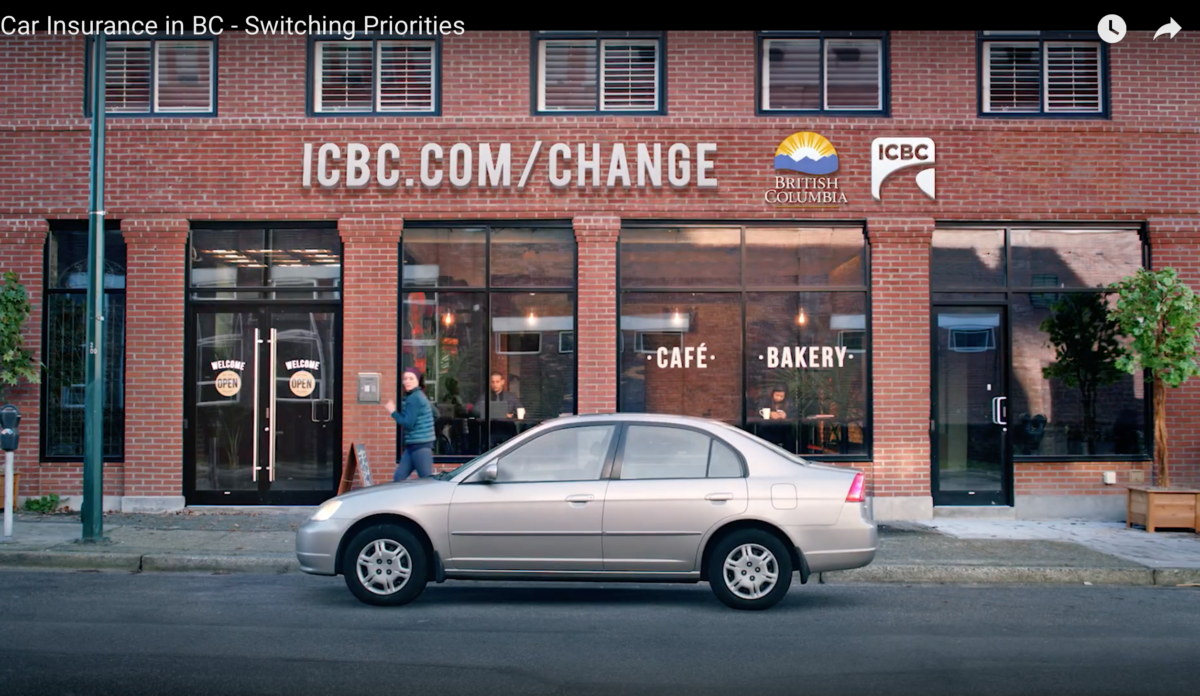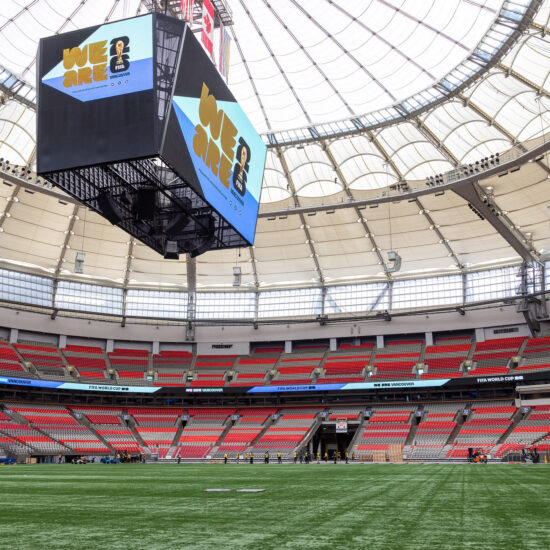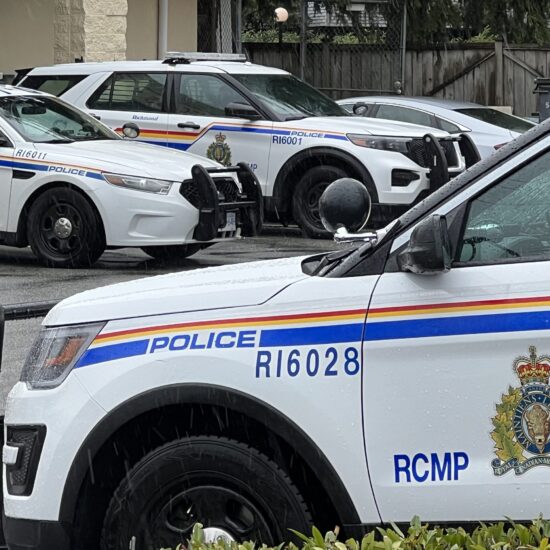
Bob Mackin
The NDP minister in charge of British Columbia’s basic auto insurance and licensing monopoly called it a “dumpster fire” on the “path to insolvency” because of a forecast $1.3 billion deficit.
But the Insurance Corporation of B.C. is on its way to spending a million dollars it doesn’t have to buy ads about its troubles that most British Columbians have already heard about.
ICBC spokeswoman Lindsay Olsen told theBreaker that the campaign, by ad agency Wasserman, has cost $795,000 so far. She refused to say when the campaign would end or even what the approved budget is.

Instead of a dumpster fire, ICBC uses a broken down car in an ad campaign to describe its sorry state. (ICBC)
“We do not have a final budget, but $795,000 is the spend to date,” Olsen told theBreaker.
“We felt it was important to get accurate information out to our customers and all interested parties through all channels possible and in multiple languages. This was especially important to ensure accurate information is available regarding the changes to accident benefits and the cap on pain and suffering payouts for minor injury claims.”
Last August, Attorney General David Eby warned reporters that ICBC was “on the path to insolvency” and blamed the previous BC Liberal government for driving the Crown corporation into the ground. The cost of basic auto insurance rose 6.4% last November and further hikes are inevitable. At a news conference in January, Eby declared ICBC a “financial dumpster fire,” because it would likely end the fiscal year with a $1.3 billion deficit. Eby also announced measures aimed at rescuing the monopoly, such as changes to accident benefits, a new dispute resolution process to divert cases from the courts and higher rates for high-risk drivers.
theBreaker wanted to know why Eby would authorize buying ads when ICBC can’t really afford it. His oft-quoted statements about the ailing monopoly already garnered front page and top story treatment from every major media outlet in the province.
A prepared statement attributed to Eby said every driver in B.C. “has a vested interest in the state of the financial crises [at ICBC], the potential impacts it can have on their insurance rates and in what we’re doing to fix it.
“Government feels it is critical that all British Columbians have a good understanding of what improvements we are pursuing so that they know what to expect when these changes take effect next April,” the Eby statement said. “We are also interested in educating the public about the challenges ICBC is facing so that they are able to provide informed feedback to the rate fairness engagement survey that is currently underway.”
ICBC isn’t the only Crown corporation that can’t afford to buy ads, but is doing so anyway on the backs (and pocketbooks) of its customers.

Dave and the Boparais, part of BC Hydro’s $3 million energy conservation ad campaigns. (BC Hydro)
BC Hydro, which is building the $10.7 billion Site C dam, is running a Power Smart ad campaign starring “Dave the BC Hydro employee” who offers energy and cost-saving tips and tricks to the “Boparai family.”
The budget for the mid-February to mid-April campaign is $1.8 million, and is part of the utility’s $3 million annual budget for conservation-related advertising. The ad agency of record is Taxi and media buyer is Media Experts, BC Hydro spokeswoman Mora Scott told theBreaker. Neither Scott nor NDP-patronage appointee Darwin Sauer, the utility’s communications chief, responded to theBreaker’s question about who Dave really is and how much he was paid to appear in the ad campaign.
His name is Dave Mix and, according to the March 31, 2017 financial information act return, the recovery manager was paid $114,148 for that fiscal year.
The NDP ran on an election platform that promised a BC Hydro rate freeze. On March 1, the B.C. Utilities Commission gave thumbs down and ordered a 3% hike to electricity bills on April 1.
Support theBreaker.news for as low as $2 a month on Patreon. Find out how. Click here.











